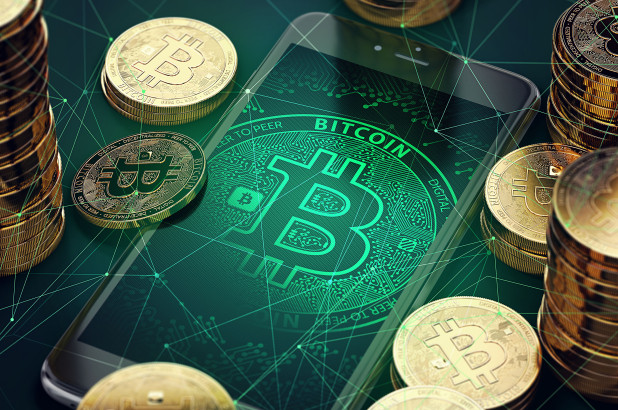
One of the largest-ever ICOs was a project known as Bancor
which raised $153 million in around three hours. The digital coin issued is called the Bancor network token (BNT) and it was built on the Ethereum platform. A key aspect of Ethereum is the so-called smart contract functionality. Smart contracts are contracts that automatically execute when certain conditions are met from all interested parties. The automation can help to speed the process up, ensuring no mistakes along the way.
Bancor is creating a product that rivals cryptocurrency exchanges based on smart contracts. An exchange matches buyers and sellers and essentially acts as a middleman. But, Bancor’s network allows users to convert one cryptocurrency into another with low conversion costs and without fears of low liquidity. It automatically balances supply and demand and works out the correct conversion price of one coin into another.
It does this through what it calls “smart tokens” which can be generated through the Bancor network. These smart tokens or digital coins hold one or more other cryptocurrencies in reserve which means that it can always be traded. For example, if there was a digital coin that only had a few thousand users, it would be difficult to trade as there would not be a large pool of people wanting to buy and sell it. But if that digital token had a popular and large reserve cryptocurrency like ether then there would always be liquidity to trade. But ICOs are not flawless. As a result of the large demand for BNT, the Ethereum network became congested during the coin offering last year, leading to delays for buyers. CNBC spoke to Galia Benartzi, the co-founder of Bancor, and asked her about the ICO process and the company’s ambitions .
Why was an ICO the right route to go down?
At Bancor we believe the term ICO is actually a misnomer because it implies a similarity to an IPO. ICOs, or as we prefer to call them "Token Generation Events" (TGEs), are fundamentally different than IPOs in that an IPO is conducted by a mature company with a live product and revenue, while a TGE represents the birth of a new currency which powers a network.
We decided to launch a TGE because we had a design for a promising token — BNT, which could connect many tokens into a network — the Bancor Network — and make them instantly interchangeable, without needing to match buyers and sellers, without relying on volume or market makers, and without fees or barriers to listing. During the TGE, more than 10,000 users contributed to the project by purchasing BNT. These 10,000 BNT holders instantly seeded the network in a way that no traditional launch would have been able to do. This momentum is essential for a network's growth and a TGE allowed us to create alignment with early adopters in a way that increases the network's chance of success.
What have you learned along the process?
The industry has matured a great deal since Bancor held its TGE in June, 2017 and yet still has a tremendous way to go. We are learning more every day than ever seemed possible, as seemingly disparate fields from economics, history, psychology, system design, network effects, finance, law, ethics, sustainability and others converge in the blockchain space. Some of the main learnings are actually in areas that the Bancor Protocol aims to shed light on. For example, in today's ecosystem, one of the main jobs of a token issuer is to plan for its liquidity, via costly exchange listings and market makers. We hope that in the future, token creator's will be able to focus on their networks, products and users, when liquidity is fair and free for all.
Where are you in the development of the network?
We are aiming to make cryptocurrencies accessible to a wide array of users, including those who are brand new to crypto. To this end, we launched the Bancor Wallet which allows users to log in from any mobile device or social messaging account (Telegram, WeChat, Messenger or SMS) and instantly buy and sell more than 100 tokens, without having to be matched in an exchange to a buyer or seller.
What will your tokens be used for?
All tokens on the Bancor Network hold an amount of BNT (Bancor’s Network Token) in their smart contracts. This links together each token in the Bancor Network, allowing tokens to be instantly interchangeable for one another at continuously calculated rates. As users buy BNT (or any token in the Bancor Network), it increases the liquidity of each token in relation to the others, creating more predictable and efficient token conversions for all users of the network. BNT is the hub network token for a decentralized global liquidity network that allows anyone to launch a viable currency with continuous liquidity based on its actual usage.
Article Produced By
CNBC
https://www.cnbc.com/2018/07/13/initial-coin-offering-ico-what-are-they-how-do-they-work.html
David https://markethive.com/david-ogden

